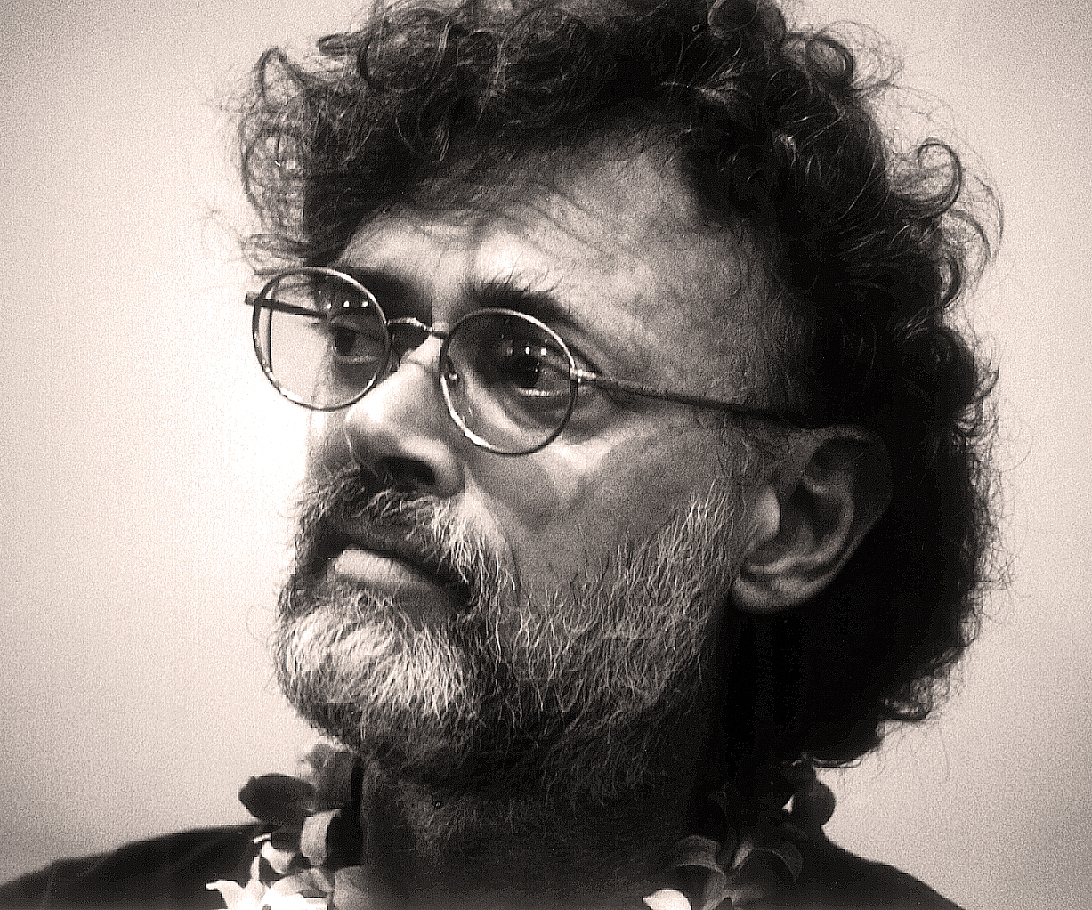
In the early 1990s, psychedelic advocate and ethnobotanist Terence McKenna published his book Food of the Gods in which he surmised that homo sapiens’ cognitive leap forward was due to their discovery of magic mushrooms.
Can’t get rid of Terence McKenna in my mind lately, then it dawned on me that the reason I’m meant to write about him, is that someone is meant to learn about Stoned Ape Theory. After all, if conscientiousness works in the way, then there’s a reader out there who needs to know.
Singularity was the reason I had started thinking about Terence McKenna, so recently I kept reminding myself to go back and learn more myself, about this great thinker, since I want to understand what compelled him to devote so much of his life to the i-Ching and what did he learn, besides that singularity was in the future.

By Zac White – Own work, CC BY-SA 4.0, Link
The I Ching or Yi Jing, also known as Classic of Changes or Book of Changes, is an ancient Chinese divination text and the oldest of the Chinese classics. There’s a study, that requires study, before you study. Still, the singularity concept is just so far ahead of anyone else and yet he found it from something written in the way distant past.
The I Ching uses a type of divination called cleromancy, which produces apparently random numbers. Six numbers between 6 and 9 are turned into a hexagram, which can then be looked up in the I Ching book, arranged in an order known as the King Wen sequence.
The interpretation of the readings found in the I Ching is a matter of centuries of debate, and many commentators have used the book symbolically, often to provide guidance for moral decision making as informed by Confucianism, Taoism and Buddhism. The hexagrams themselves have often acquired cosmological significance and paralleled with many other traditional names for the processes of change such as yin and yang and Wu Xing.
The amount of work that Terrence McKenna produced in lifetime is staggering and especially at a time when he would have been met with maximum resistance to much of what he was ascribing.

By Jon Hanna – Own work, CC BY-SA 3.0, Link
Terence Kemp McKenna (November 16, 1946 – April 3, 2000) was an American ethnobotanist, mystic, psychonaut, lecturer, author, and an advocate for the responsible use of naturally occurring psychedelic plants. He spoke and wrote about a variety of subjects, including psychedelic drugs, plant-based entheogens, shamanism, metaphysics, alchemy, language, philosophy, culture, technology, environmentalism, and the theoretical origins of human consciousness. He was called the “Timothy Leary of the ’90s”,[1][2] “one of the leading authorities on the ontological foundations of shamanism”,[3] and the “intellectual voice of rave culture“.[4]
McKenna formulated a concept about the nature of time based on fractal patterns he claimed to have discovered in the I Ching, which he called novelty theory,[3][5] proposing this predicted the end of time, and a transition of consciousness in the year 2012.[5][6][7][8] His promotion of novelty theory and its connection to the Maya calendar is credited as one of the factors leading to the widespread beliefs about 2012 eschatology.[9] Novelty theory is considered pseudoscience.[10][11]
No comments yet.